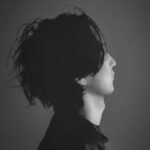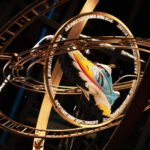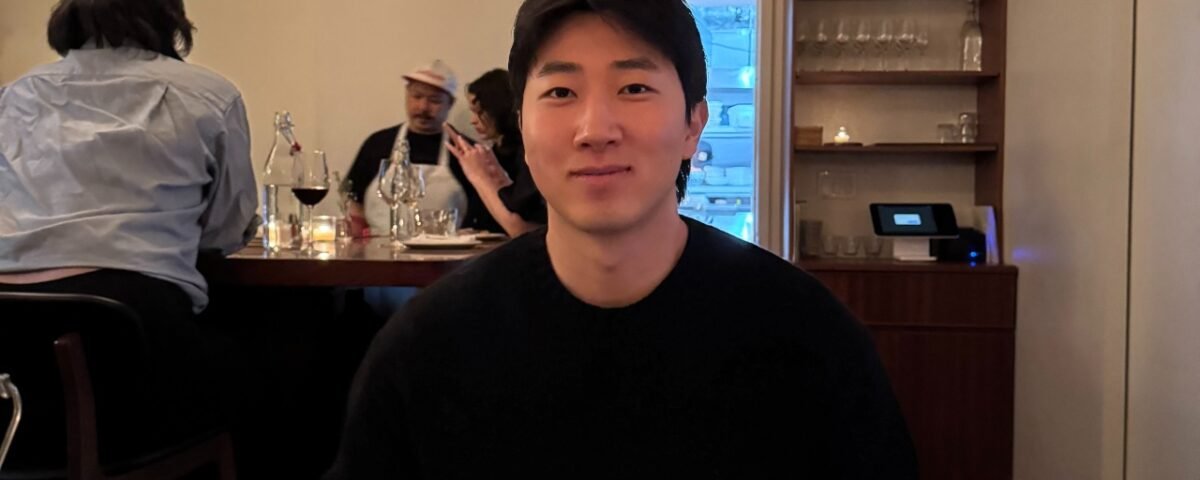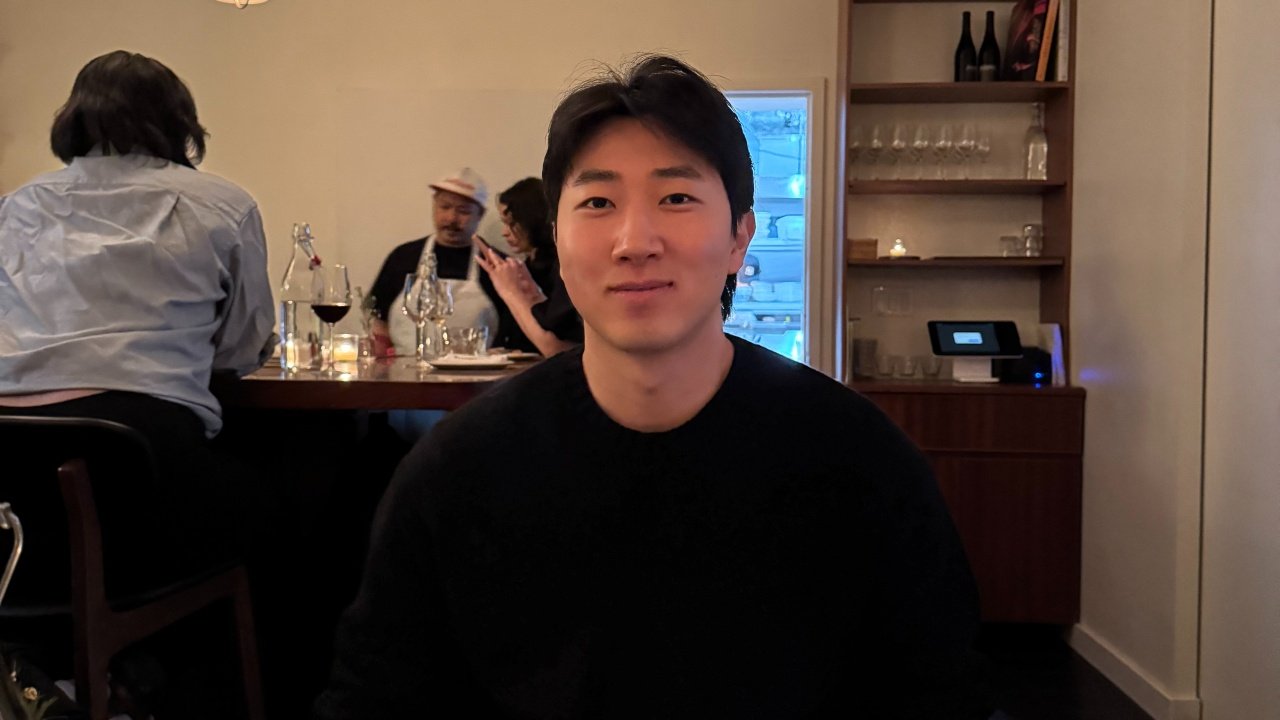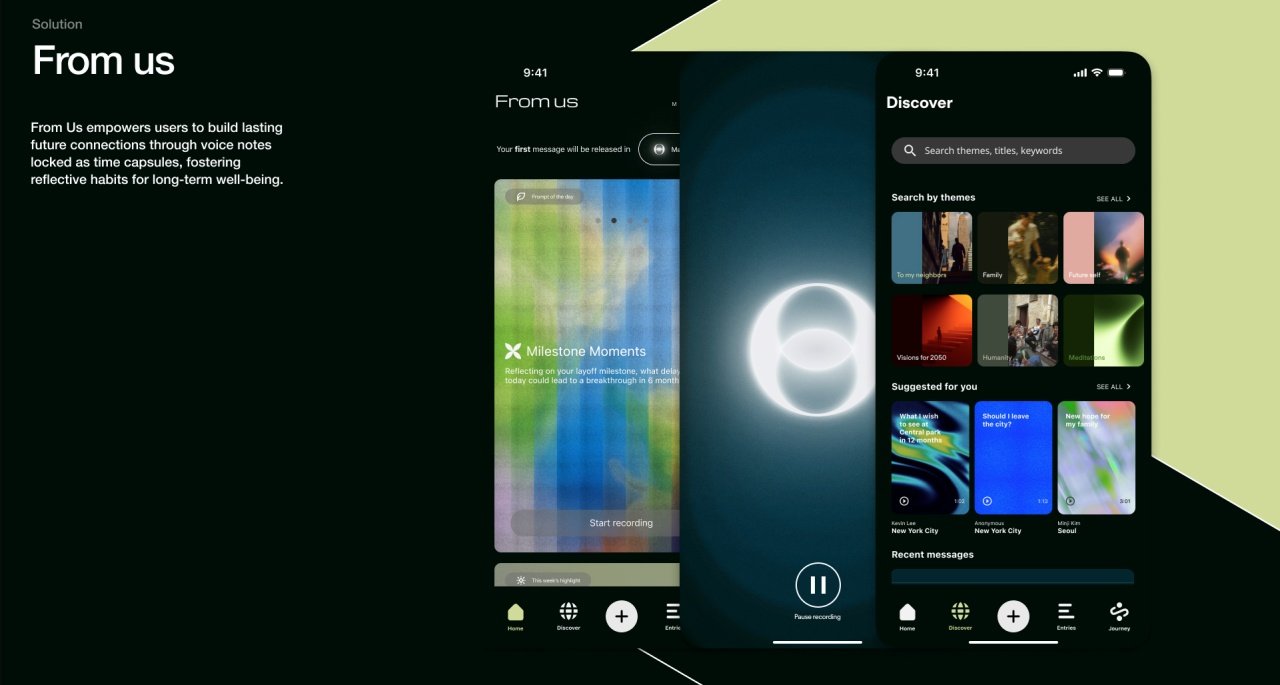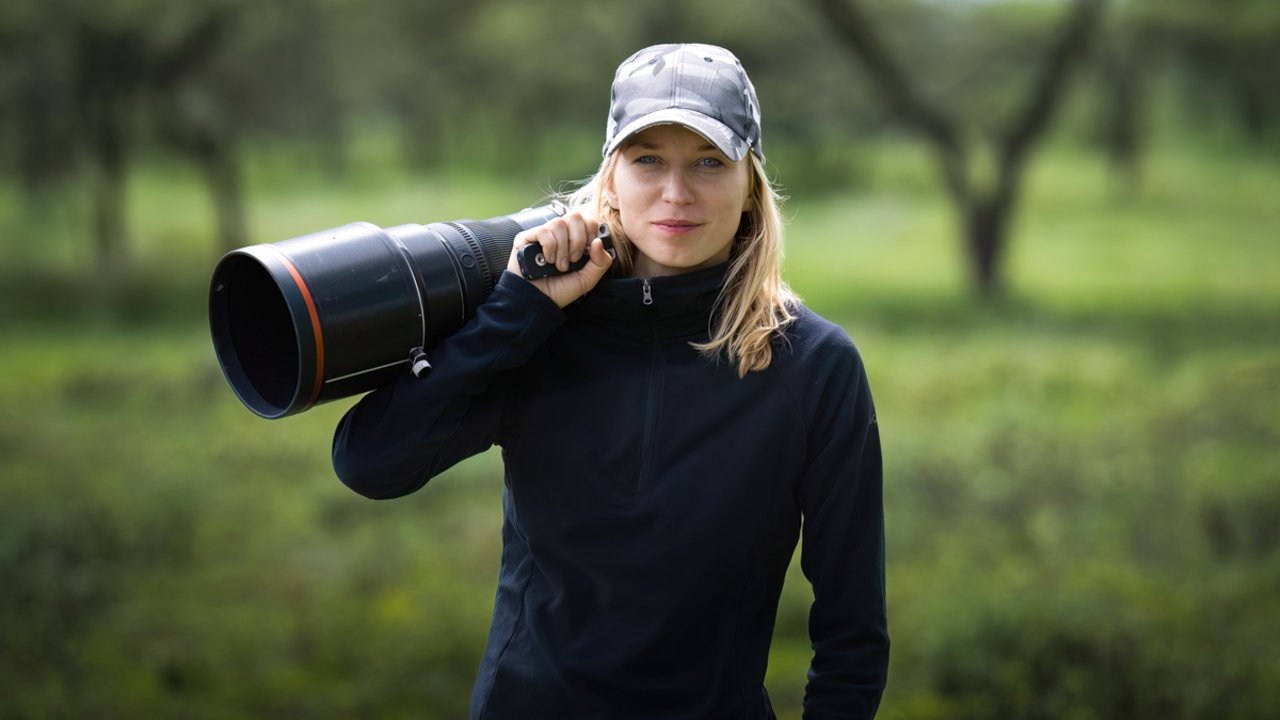1Congratulations on winning the NY Product Design Awards! Can you introduce yourself and share about what inspired you to pursue design as a career?
Hello! My name is Minwoo Choi, and I'm a product designer based in New York City. Originally, I got into the art world for the love of illustration for my favorite game characters and wanted to become a painter after I got into RISD, but I realized my ability to empathize and my love for solving puzzles led me to become a product designer.
2What does being recognized in the NY Product Design Awards mean to you?
I think being recognized in this award is evidence that I have been improving as a designer, and it has really boosted my confidence. I started my design career a bit later than most of my peers, and it always made me question myself if I was good enough. After being recognized as one of the winners, it told me that I am on the right path and that I do have what it takes to be a product designer.
3How has this achievement impacted your career, team, or agency, and what opportunities has it brought so far?
First of all, it's definitely a portfolio piece. So I'm very happy with that. I was also working for a company that was using a relatively old design system, which really limited my ability to visually express my designs at work. However, working on this project has allowed me to break free from those sets of rules and really show that I am capable, so far, freely. Which again showed me that I'm not only a UX designer who lacks UI skills, but is a UXUI designer that have skills in both areas.
4What role does experimentation play in your creative process? Can you share an example?
Experimentation is everything. I am a strong believer in "mess around and find out". It often leads to answers, for example, when I was brainstorming about how to tackle the issue of chasing short-term gratification, my primary research showed that people didn't think about the future because they weren't "close" to it as they were with the present.
As if you had two friends, one called present and the other called future. You spend so much time on the present and almost 0 on the future. So I just thought, ok, let's start talking to the overlooked friend, the future, and befriend him. Surprisingly, this had a notable positive impact on people to get closer to the future and helped them fight short-term thinking.
5What's the most unusual source of inspiration you've ever drawn from for a project?
While I was working on my professional work, I had to design a data visualization tool, and I drew inspiration from NYC's subway map.
6What’s one thing you wish more people understood about the design process?
I would like people to know that it's actually very similar to the scientific research process. You conduct research about a set topic you're interested in, and create a hypothesis about a solution you think can work. Conduct the experiment (user testing and reiterating) and reach a conclusion.
7How do you navigate the balance between meeting client expectations and staying true to your ideas?
It's always hard balancing trade-offs. But for me, what works is creating a feature list and going over it with the client/user and prioritizing the importance. Completing this will generate a hierarchy of what needs to be done, agreed by both parties. From there on it's pretty smooth until the launch of the MVP.
8What were the challenges you faced while working on your award-winning design, and how did you overcome them?
One of the challenges was organizing the story to tell to the judges. With limited word counts for project description and file size/count for each participant, it was difficult to decide what to include out of all the work that was done to deliver a compelling story. I decided that to deliver the strongest story, I wanted to focus solely on the problem. From us is trying to solve and how we do that.
9How do you recharge your creativity when you hit a creative block?
I actually do something that you might not expect. I just close my eyes and stop thinking about anything and let my brain rest for 10-15 minutes. My brain is usually so stimulated that it needs to cool off when it's overloaded. It's surprisingly helpful! I learned to be creative again. I have to stop trying to be creative and just shut myself down for some time.
10What personal values or experiences do you infuse into your designs?
Some of my core principles I implement in my work are the 20/80 rule. Figure out 20% of the feature that will achieve 80% of the desired outcome. It really trims the fat in your design and keeps things lightweight and simple.
11What is an advice that you would you give to aspiring designers aiming for success?
Constantly be exposed to inspiration, you never know when something you saw the other day can help you solve a problem you have today.
12If you could collaborate with any designer, past or present, who would it be and why?
I would want to work with Michelangelo or Leonardo Da Vinci. I really wonder what kind of work they would produce in the era of AI.
13What's one question you wish people would ask you about your work, and what's your answer?
I really want them to ask, "Can I try your work?" for everything that I create, and I wish my answer would always be, "Of course, you can get it at XXX."
